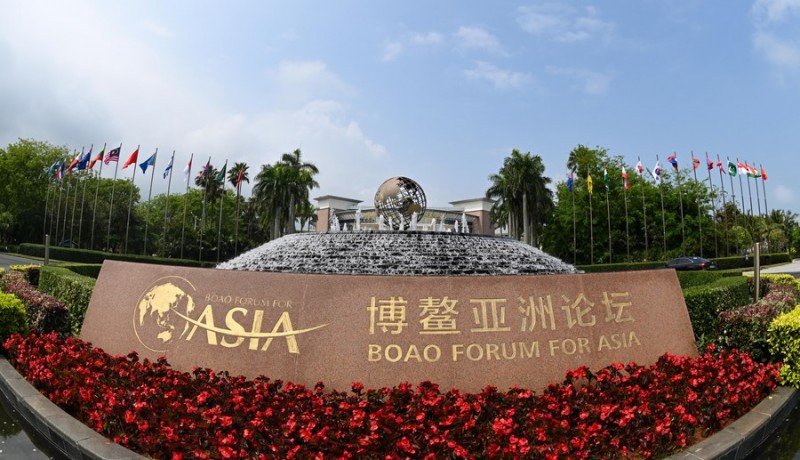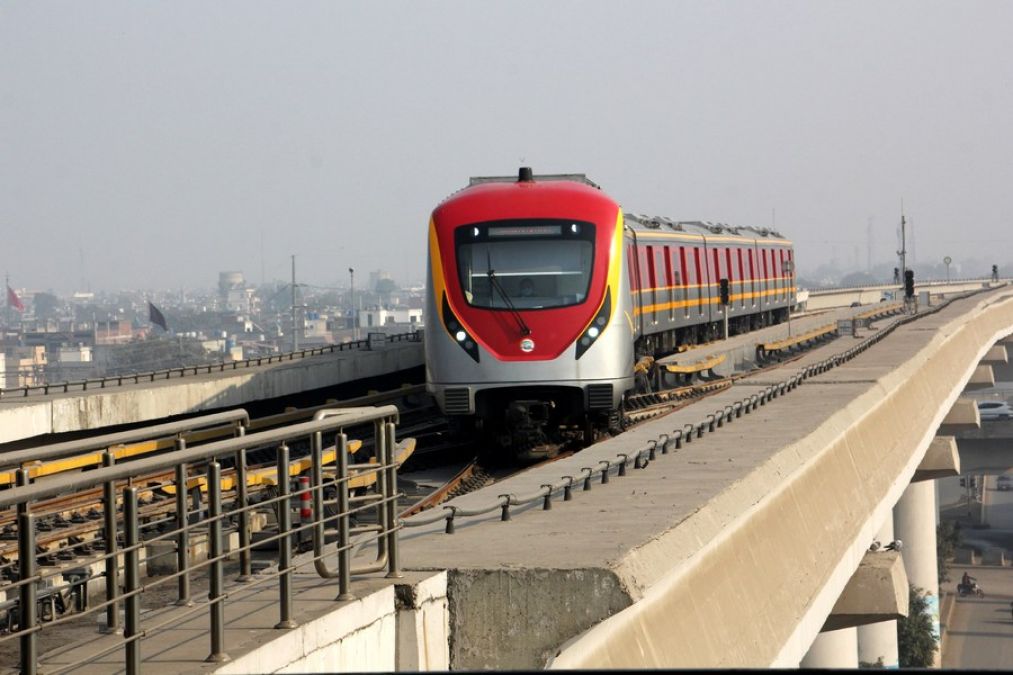
"The BFA is a platform to underscore the importance of multilateralism for global development. The importance of this forum for Asian countries is tremendous and the benefits are immense," scholars said.
PHNOM PENH, April 21 (Xinhua) -- The 2022 Annual Conference of the Boao Forum for Asia (BFA) underscores the importance of multilateralism for global development and a shared future in the post-COVID-19 pandemic era, Cambodian scholars said on Wednesday.
The BFA is scheduled for April 20-22 in Boao, a coastal town in China's southern province of Hainan.
Thong Mengdavid, a research fellow at the Phnom Penh-based Asian Vision Institute, said the forum is crucial to promote global governance and discuss strategies for regional and global economic recoveries in the post-pandemic era.
"The BFA further enhances the development of regional peace and stability as well as connectivity between governments and non-governmental organizations. I believe that it will discuss and propose sustainable and inclusive "people-centric" policies for the betterment of the people," he said.
Mengdavid said key challenges to economic development in Asia included the ongoing COVID-19 pandemic and rising global inflation.
"To boost their economic recoveries, countries must come together to support regional economic agreements such as the Regional Comprehensive Economic Partnership (RCEP), China's Belt and Road Initiative (BRI), ASEAN Post Pandemic Economic Recovery Plan," he said.
"These initiatives are the stepping stones for regional economic integration, producing more resilient economic structures and strong support for state-building in the post-pandemic era," he added.

An Orange Line metro train pulls into the terminal station in Lahore, Pakistan, Dec. 29, 2021. The eco-friendly Orange Line metro train is an early project under the China-Pakistan Economic Corridor, a flagship project of the China-proposed Belt and Road Initiative. (Photo by Jamil Ahmed/Xinhua)
Sharing his view on China's contribution to regional and global economic recoveries, Mengdavid said the BRI has not only enhanced socio-economic development across the region but also stimulated the promotion of global cooperation with more sustainability, responsibility and inclusiveness.
"China's domestic development model with a people-centric philosophy can be served as a model for developing countries," he said.
Joseph Matthews, senior professor at the BELTEI International University in Phnom Penh, said the BFA is expected to focus on green development, innovative development, and inclusive and collaborative development in order to promote international solidarity and cooperation.
"The BFA is a platform to underscore the importance of multilateralism for global development," he told Xinhua. "The importance of this forum for Asian countries is tremendous and the benefits are immense."
Matthews said Asian countries are facing four major challenges, namely healthcare system, poor and obsolete infrastructures, digital transformation, and climate change and environmental issues. "These four areas are the bottlenecks for a sustainable recovery in Asia," he said. "I suggest that governments give high priorities and put more efforts to narrow down these four deficits."
Matthews said China's myriad efforts to promote economic development through the BRI, the green economy, and hard and soft connectivities are essential to boost the global economy, multilateralism and free trade.
"Protectionism and unilateralism are negative forces that are undermining small countries' economies, creating hindrances in their development, and promoting poverty and economic migrations in many Asian, African and South American countries," he said.
Kin Phea, director-general of the International Relations Institute at the Royal Academy of Cambodia, said the forum is an important platform to advocate multilateralism and closer international cooperation as well as to promote global governance.
"As the RCEP free trade agreement entered into force on Jan. 1, 2022, I believe that the BFA will explore the opportunities of the RCEP for boosting the Asian economies in the post-pandemic era," he said.
Chinese youth have better physical mental health white paper
Chinese scientists map out how Omicron evades antibody therapeutics
Rocket fired from Gaza Strip into Israeli territory: Israeli army